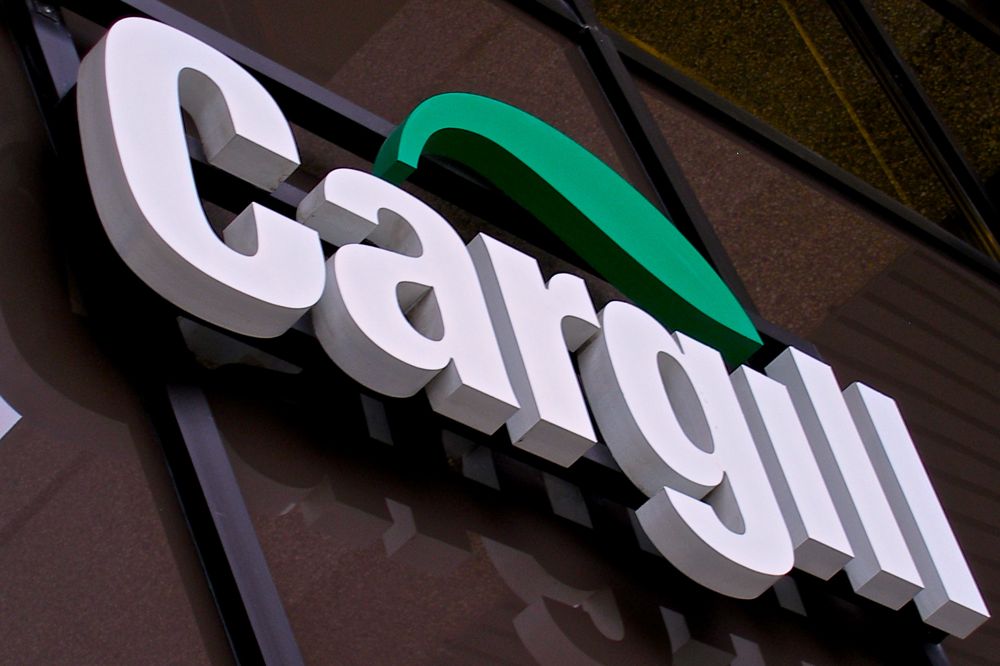Guelph beef plant idled against COVID-19 outbreak
Cattle set-aside plan en route, BFO says
By Dave Bedard
| 3 min read

(Dave Bedard photo)
Agrifood giant Cargill is temporarily halting production at its beef processing plant at Guelph, Ont. in the wake of a significant COVID-19 outbreak among employees.
The company announced it would “begin the process to temporarily idle” the Dunlop Drive plant effective Thursday (Dec. 17).
“This was a difficult decision for our team who are operating an essential service and are committed to delivering food for local families and access to markets for farmers and ranchers,” Jon Nash, leader for Cargill’s protein operations in North America, said in a statement.
“Our focus now is on continuing to keep our employees safe and getting our facility back to normal operations,” he said.
To prevent food waste, he added, staff are working to process the equivalent of “nearly 1.55 million meals worth of protein” remaining at the plant.
The company’s decision follows the declaration of a COVID outbreak at the Dunlop Drive plant on Dec. 4. Since then, Wellington-Dufferin-Guelph (WDG) Public Health said it has run a full infection prevention and control review of the plant and tested about 200 individuals “related to the affected area.”
As of Thursday at 2 p.m. ET, WDG Public Health said, 82 people at the plant have tested positive for COVID-19. Counting those cases as well as their close contacts, 129 people are now self-isolating as a precaution.
“All outbreaks are serious,” Dr. Matthew Tenenbaum, WDG’s associate medical officer of health, said Thursday in a separate release. “However, when we see an outbreak of this size, we must use all of the tools available to us to contain the outbreak and ensure the community at large is protected.”
Cargill said Thursday it’s encouraging employees to be tested, has “stressed the importance of social distancing for those across the community who have been impacted by the virus” and has “encouraged any employees who are sick or have been exposed to anyone with COVID-19 in the last 14 days to stay home.”
While the plant was operating, Cargill said, it had offered up to 80 hours of additional paid leave related to COVID-19. Employees will be paid for 36 hours per week as outlined in their collective agreement, the company added.
As for cattle producers supplying the plant, Beef Farmers of Ontario and the Canadian Cattlemen’s Association said they have been working to organize a set-aside program for Eastern Canada, similar to the plan which ran this spring in Western Canada to help manage a backlog of finished cattle as beef packers slowed or halted operations there.
Cargill’s Guelph plant alone accounts for about 70 per cent of Eastern Canada’s beef harvest capacity, the CCA said, “which will create logistical challenges for beef producers.”
As the Cargill plant moved to shut down, BFO said Thursday it “immediately requested” that the Ontario Beef Cattle Set-Aside Program be activated.
BFO said it will communicate details of the program as soon as they’re finalized, adding that the program “may be triggered as soon as next week.”
“We have successfully implemented the set-aside program in Western Canada, and it is time to implement the same program that was proactively developed for Eastern Canada,” CCA president Bob Lowe said in a separate release Thursday. “The set-aside program will assist with market stability as well as managing the flow of cattle through the supply chain.”
Industry players and policy makers “also must look at and support all actions that can assist in our current situation,” he said, such as boosting processing capacity at provincially-licensed packing plants and holding back cows so slaughter plants can focus on fed cattle.
BFO, CCA and the Ontario Cattle Feeders Association “are working collectively with both levels of government on other potential short-term measures to help mitigate the fallout from the current situation,” BFO said Thursday. — Glacier FarmMedia Network


